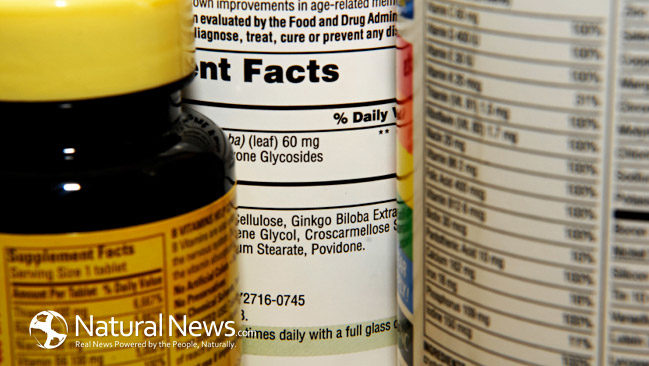Are you iron deficient? Did your doctor tell you to take and iron supplement, or even write you a prescription for one? Did you know that there is a good chance that the iron you’re taking can cause disease and cancer?
Most iron on the market today is inorganic ferrous or ferric iron. These iron salts are poorly absorbed by the body and are also subject to iron-absorption inhibitors, such as polyphenols and oxalates, found in plants and grains. Iron-absorption inhibitors can, in some cases, completely block the absorption of iron in the diet. This is one of the reasons doctors no longer advise people to eat spinach for iron deficiency, even though it is high in iron it is also very high in inhibitors, meaning that little of the iron is available to the body.
There are two broad categories of iron, heme (or “haem” in some parts of the world) and non-heme. Heme iron is found in animal sources, such as beef and seafood. Non-heme sources are found in vegetables and grains.
Heme iron
- derived from hemoglobin and myoglobin in animal protein sources
- less need for good levels of gastric (stomach) acid, many adults have low or ineffective gastric acid, especially as they grow older or take antacids.
- heme iron is not affected by iron-absorption inhibitors
- very good absorption in the body
- far fewer gastrointestinal side effects than ferrous or ferric salts
Non-Heme Iron
- in the diet it is primarily derived from vegetable and grain sources, though some is also found in animal meat.
- non-heme iron is poorly absorbed
- in the diet non-heme iron is often found with iron-absorption inhibitors which can largely prevent it from being absorbed in the body. Spinach, kale, coffee, teas high in tannins (e.g. black, green, white teas are all high in tannins. Kombucha is lower because the bacteria feed off the tannins), nuts also have antinutrients that prevent iron absorption.
- gastrointestinal side effects, such as constipation, are common with non-heme iron
- vitamin C (ascorbic acid) enhances the bioavailability of nonheme iron, though does not help with iron-absorption inhibitors
- Meat, poultry, and seafood can enhance nonheme iron absorption, whereas phytate (present in grains and beans) and certain polyphenols in some non-animal foods (such as cereals and legumes) have the opposite effect
Other causes of iron absorption problems
- Both heme and non-heme iron can have absorption inhibited by calcium supplements, iron and calcium should be supplemented at different times of the day, at least 3 hours apart.
- Anyone with enteritis, inflammation of the small intestine, may have issues absorbing iron from the diet and supplements.
- Chronic diarrhea
Iron that is not well absorbed in the upper part of the small intestine (the duodenum) will go on to feed pathogenic bacteria further down. It can also be used by bad bacteria to create “biofilm” which is a tough protective barrier that the pathogenic bacteria uses to protect itself and to adhere to the intestinal wall. Unabsorbed iron can also cause constipation for many people.
You can also improve the way that iron gets utilized in the body by taking a supplement called “lactoferrin”. Lactoferrin binds to the iron making it impossible to use by bacteria, but humans can still use it. This is definitely something people should try if they suspect that they have any gut issues, such as small intestinal bacterial overgrowth (SIBO) or intestinal candida. Lactoferrin can actually help starve these organisms.
It is clear from the research that people need to consume the most absorbable forms of iron in order to treat and prevent iron-deficiency, and to help prevent intestinal disease. Meat and seafood are the best natural sources of heme iron and should be consumed on a daily basis. If you are already iron-deficient a heme iron supplement is certainly something you should try.
For more information see The Gut Health Protocol at http://theguthealthprotocol.com
Or read my book, “The Gut Health Protocol” available on Amazon
References:
- http://www.ncbi.nlm.nih.gov/pmc/articles/PMC2657967/
- http://www.anemia.org/patients/feature-articles/content.php?contentid=000316
- http://ods.od.nih.gov/factsheets/Iron-HealthProfessional/





